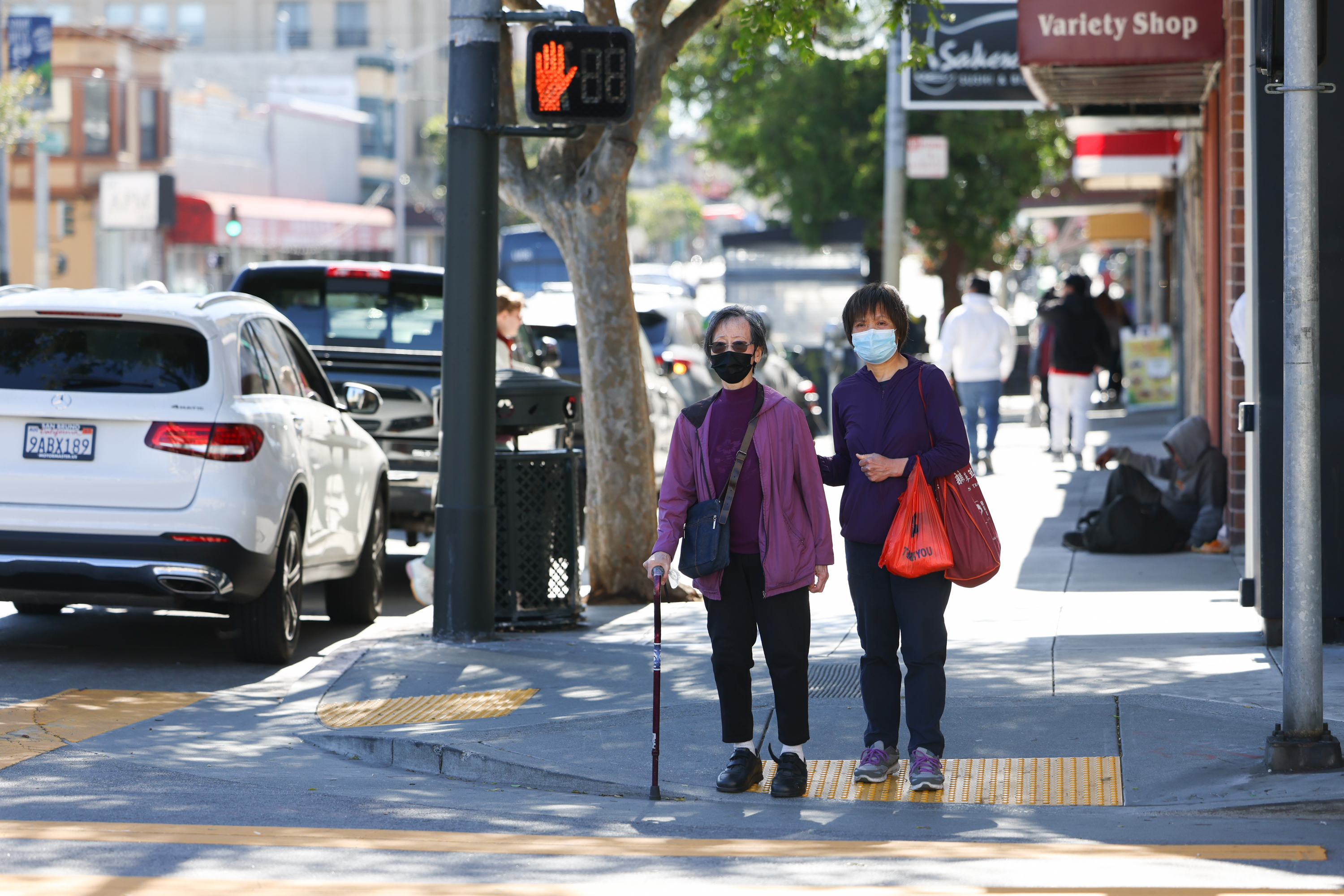You’ve heard this one before: Covid cases are on the rise in the Bay Area again.
New data from Wastewater SCAN—a program that traces levels of viruses and other pathogens in municipal sewershed plants—shows levels of Covid particulate in wastewater are rising in San Francisco’s Oceanside sewershed, which covers much of the city’s western side, including the Sunset and much of the Richmond neighborhoods.
Influenza and Respiratory Syncytial Virus (RSV) levels also appear to be creeping upward at the Oceanside plant, though neither pathogens reached the peaks seen during winter flu season. The city’s Southeast sewershed, which covers the eastern half of San Francisco, did not record the same spike in pathogens, however.
The rise appears to be driven by the “XBB” Covid variant—called “Arcturus” by some—which was first detected in San Francisco wastewater in January, according to WastewaterSCAN. Public health experts told KQED that it was set to become the “dominant strain” in the Bay Area this summer.
While Covid is rising, present case levels remain below the city’s most recent peak, in March of this year.
Other Bay Area sewersheds reported a slight uptick in coronavirus levels in July, including plants in Sausalito, Calera Creek, San Mateo, Silicon Valley and Sunnyvale. Some have already leveled off from rates seen in early July, however.
“The incident rate or the number of infections is relatively low but SARS-CoV-2 is still present in wastewater, indicating the virus is still circulating and at a few of our sites in the Bay Area we are seeing that levels have been increasing over the last two weeks,” Alexandria Boehm, professor of environmental engineering at Stanford University, told ABC-7 in early July.
Wastewater surveillance has become one of the last metrics for tracing the prevalence of Covid in a given community. The Centers for Disease Control and Prevention stopped tracking daily new infections and its spread among communities, the agency announced in late April. Officials also ended the Covid public health emergency on May 11.
One good piece of news is that norovirus—the pathogen that causes severe diarrhea and other unpleasant gastrointestinal issues—does not appear to be rising in San Francisco wastewater.
